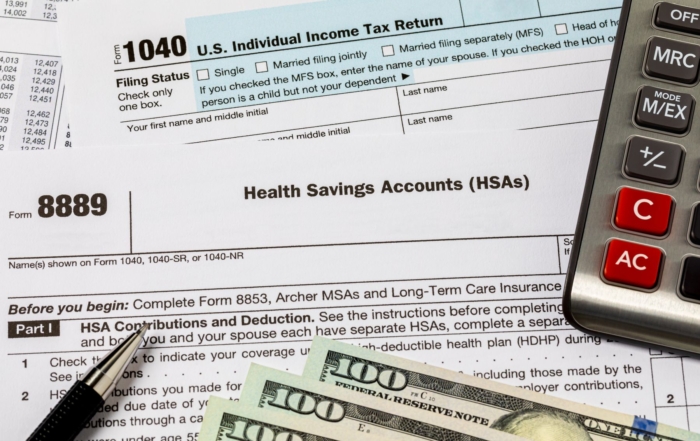Issues EAP programs cover include:
- Alcohol and drug use
- Stress
- Grief
- Family and relationship problems
- Child care
- Elder care
- Education
- Legal issues
- Financial issues and guidance
EAP services are typically available to all employees, regardless of health plan enrollment status.
EAP Benefits:
Improved Work-Life Balance
Between responsibilities at work and home, sometimes there just aren’t enough hours in the day. When employees decide to participate in an EAP, more than 90% said that the EAP helped them manage work-life balance. For example, a working parent in an EAP program might seek out assistance in developing better time management skills, which helps improve productivity, reduce hours at the office, minimize stress, and have a big impact on a positive environment at home. Many programs can also help people find affordable child or elder care options.
Reduced Stress
According to a Harvard Business School study, job stress costs the U.S. economy $190 billion a year in healthcare costs. EAP programs have specifically designed helped them better manage their stress. EAP programs also have wide ranges of services ranging from counseling, client advocacy, case management, and much more. Less stress means less illness and lower health care costs. For employers, controlling stress in the workplace can help reduce costs related to job turnover and absenteeism and help improve employee performance.
Better Financial Management
Work-related stress is common, and so is stress related to personal finance. 53% of Americans who experience a “great deal” of stress reported that financial issues are a factor, according to a study by the Harvard University School of Medicine.
An EAP counselor can put employees in contact with a wealth of personal finance resources, including credit and debt management counseling, budgeting guidance and even retirement planning. Developing strong personal finance skills can mean less money spent and more money earned via investment and saving.
Improved Productivity
A study published in the Journal of Health and Productivity surveyed employees in five key areas before and after they accessed EAP services. Employees in the study showed improvements in all five areas surveyed: absenteeism, presenteeism, work engagement, life satisfaction, and workplace distress. The EAP programs provided counseling services to help employees cope with stress and problems in all aspects of their lives (and not just work stress). Many employers focus on programs in the workplace that encourage a strong safety culture, but EAP services can go a step farther in helping with stress management and taking a more holistic approach to solve the problem(s) as a whole, not just treating isolated behaviors and issues.
Only 4% to 6% of people with access to EAP programs use them. Low participation is likely due to people not knowing about these programs. NARFA is pleased to offer a comprehensive EAP program to members and their dependents.
Please contact us today to learn more about how our best in class employee benefits solutions can strengthen your company culture, increase productivity, and protect your business and employees.
Recent Posts
Poison Ivy, Oak & Sumac Safety Guide for Landscaping, Construction, and Outdoor Workers
Why Construction and Outdoor Workers Need to Know About Poison Plants The CDC reports that 80-90% of adults develop rashes from poison ivy exposure, and [...]
Multi-State Business Operations: Insurance and Compliance Strategies for Growing New Hampshire Auto Companies
Picture a successful New Hampshire automotive dealership that starts with a single location in Manchester. Over time, they expand their service territory, hire employees who [...]
Revolutionary HSA Changes in the 2025 Budget Bill: Your Complete Guide to Expanded Benefits
Introduction: A Game-Changer for Healthcare Financial Planning The 2025 federal budget reconciliation bill, recently passed by the House, introduces the most significant expansions to Health [...]




